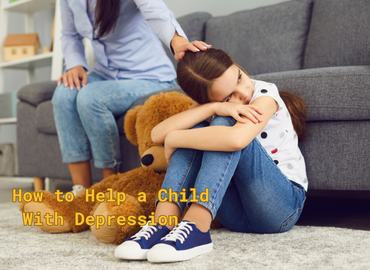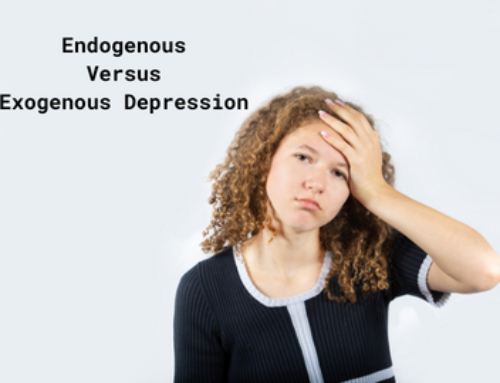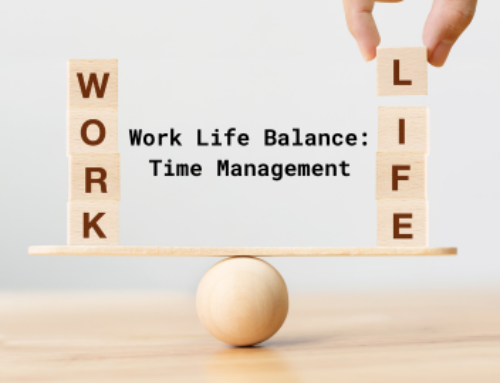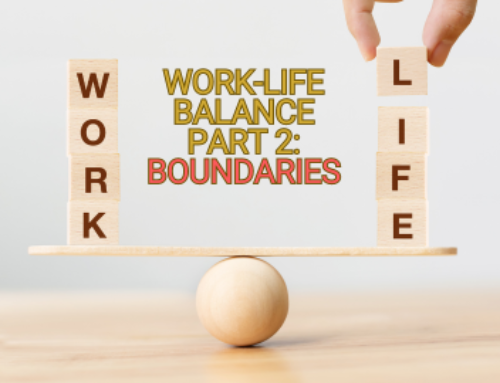How to Help a Child With Depression
Growing up is a time of constant change, and with that comes volatile emotions, especially with hormone shifts. It can be very difficult to tell when a child is only going through the expected changes and when something is seriously wrong. But with certain insights, one can be a better helper to the children in one’s life, whether they are your children or ones close to you. If you are not the parent or guardian of the child, it can be difficult to help while staying appropriate, but it never hurts to be armed with the knowledge that can help a child have a better quality of life.
Depression is a common disorder in the United States, and unfortunately, it leaves no age group unaffected. It’s estimated that up to 1 in 5 adolescents have suffered depression at some point, whether an episode or chronic. In rare cases, children as young as 3 years old have been diagnosed with depression, and between 2% and 3% of children between ages 3 to 11 are estimated to have depression. These latter numbers may not be large ones, but that is still a disturbingly high number of children suffering, and so young at that.
The signs of depression in children are similar to those displayed by adults, but it’s important to adjust the scenarios to the child’s life and cognitive level. These are some of the signs of depression in a child according to the National Alliance on Mental Illness (NAMI):
− Declining academic performance
− Outbursts that may seem disconnected to circumstances
− Withdrawal
− Loss of interest in activities they used to enjoy or be well engaged in
− Poor self-image
− An attitude that displays a feeling of hopelessness
− Changes in eating or sleeping habits
− Lack of energy
− Strange and/or inappropriate behavior
− Instability and rapid mood swings
To help a child with depression, you have to be a safe person for that child. Make sure they know that it’s ok to tell you things. Many depressed adults with childhood trauma report feeling like they had no one in their corner. Even worse, some report thinking they had a safe person, but that person blamed them for their troubles and only made things worse.
If they come to you for help, give them agency. Ask if they just want you to listen or to help them figure it out. Treat their problems as real and important, because they are. Too often people dismiss children’s struggles as trivial because they may seem minor compared to adult struggles, but these are the person’s formative years, and they don’t have the perspective that age and experience bring.
Children often don’t know how to talk about their feelings or how to name them. Behavioral observation is important. A child who is acting out might not be trying to cause trouble, but responding to situations outside their control, or they don’t know constructive ways of expressing themselves. Confusion can lead to shame and withdrawal, which is destructive. You might have to start the
conversation yourself. Make sure not to question them as if they are doing something wrong. Don’t ask, “Why are you sad all the time?” Instead, try “You seem troubled. Is there something that’s hurting you?” Make sure that they are confident that they are allowed to feel things and that they won’t get in trouble for having feelings and expressing them.
Encourage constructive ways for them to express themselves, like journaling. Writing is a fantastic way to put one’s thoughts into words. At the same time, give them privacy and let them know that they don’t have to show you unless they want to.
Be aware of the different aspects of a child’s life. Are their friends healthy for them? Are their teachers supportive? Are the adults around them safe? Don’t take things lightly. Don’t freak out in front of the child, but don’t brush aside things like bullying, unsafe adults, signs of abuse at home, school, and elsewhere.
Get professional help if you can, depending on your relation to the child. If you’re able, ask your child’s doctor how best to respond. Doctors have special tests for children, and they can help you find resources. These can be anything from after-school activities to support groups to psychiatric care. If you or the child are in crisis, call 911 or the SAMHSA hotline, available 24 hours a day, all days of the year. For more information on our services and to make an appointment, write to us on our website anytime or call (585) 442-6960.





